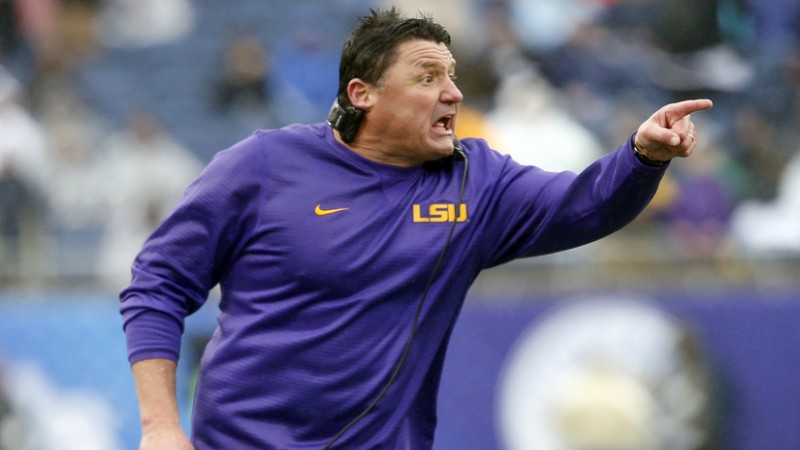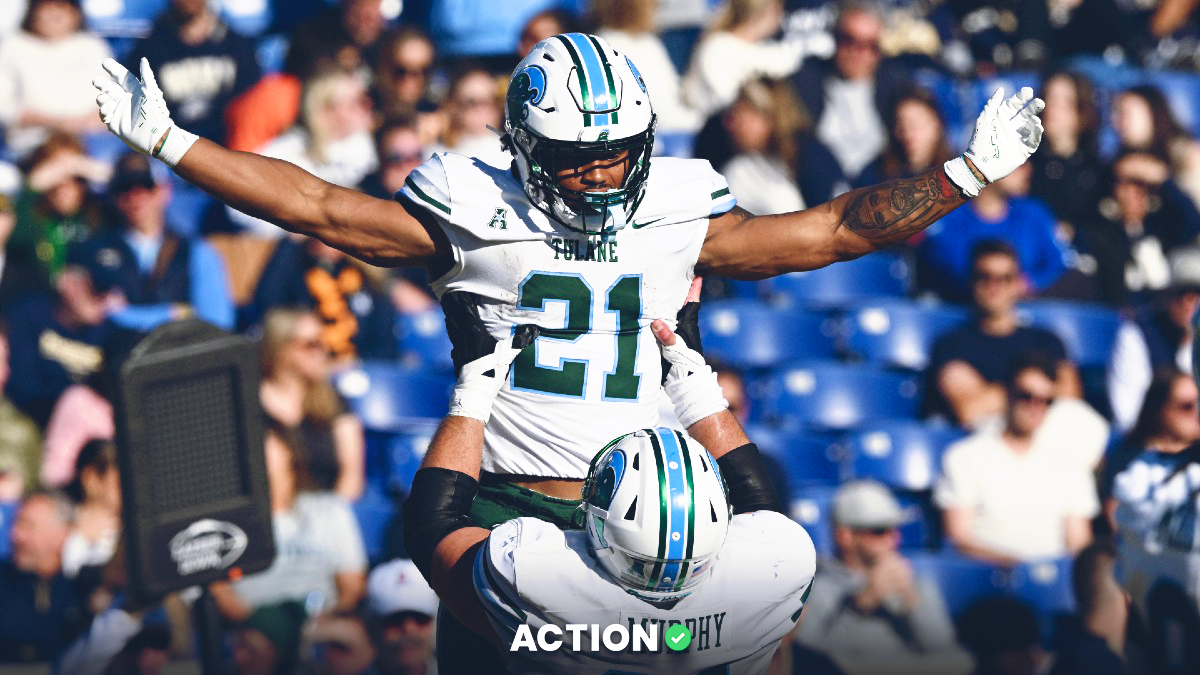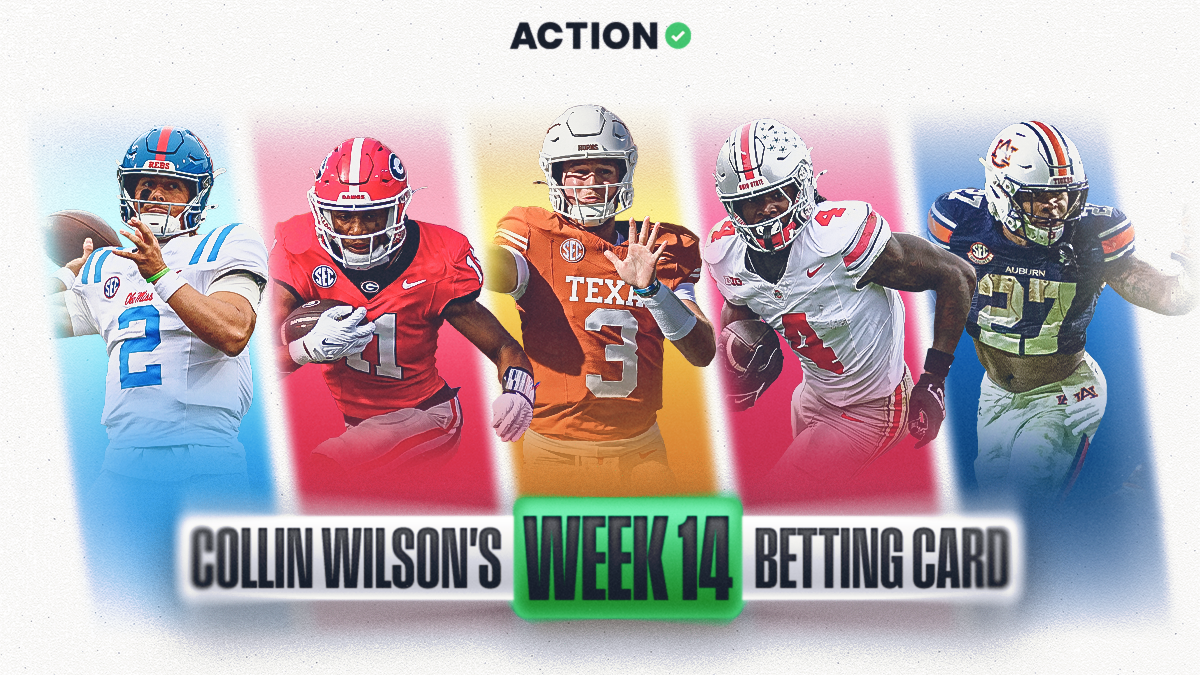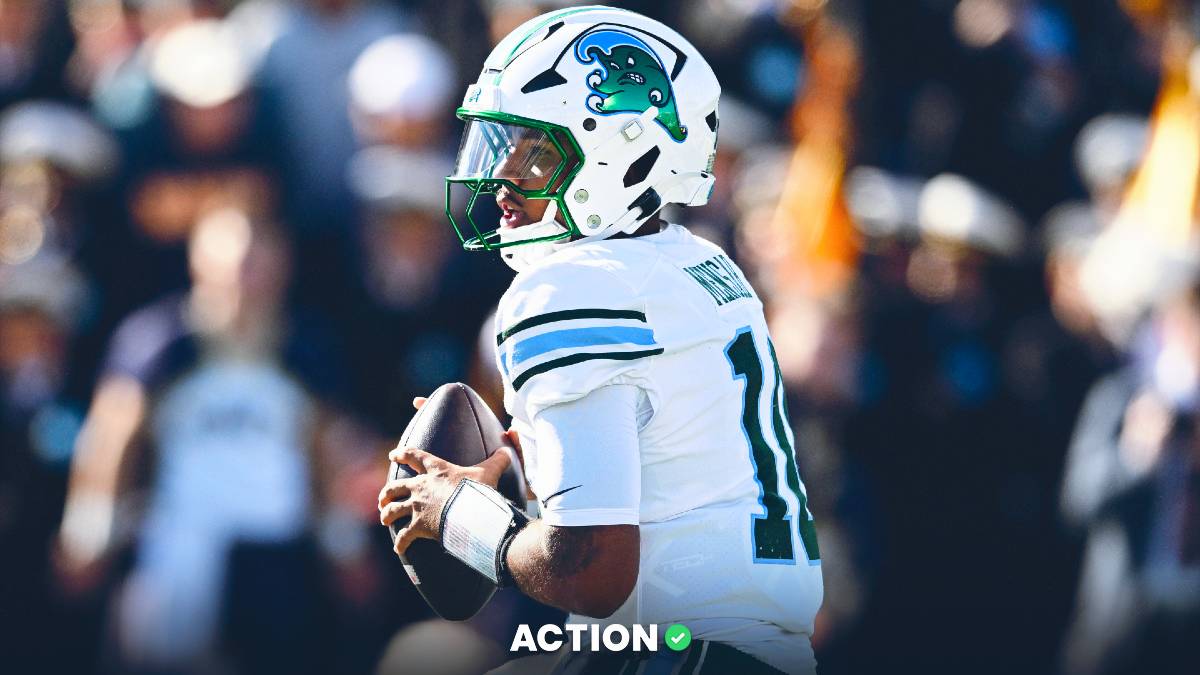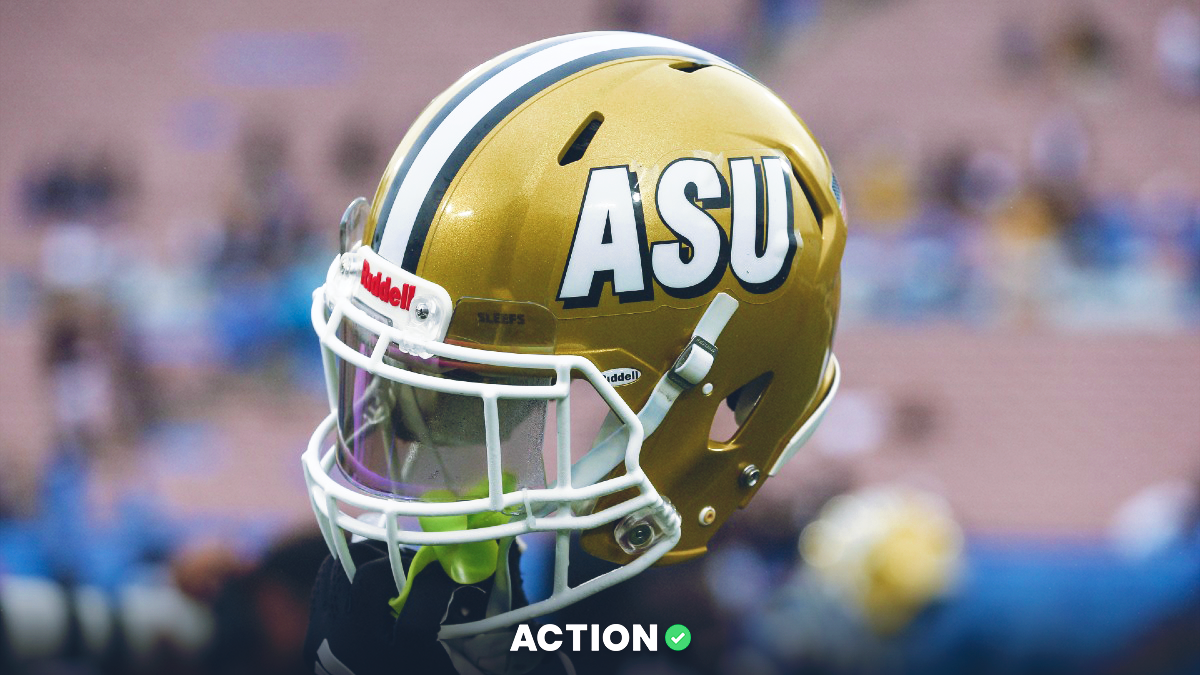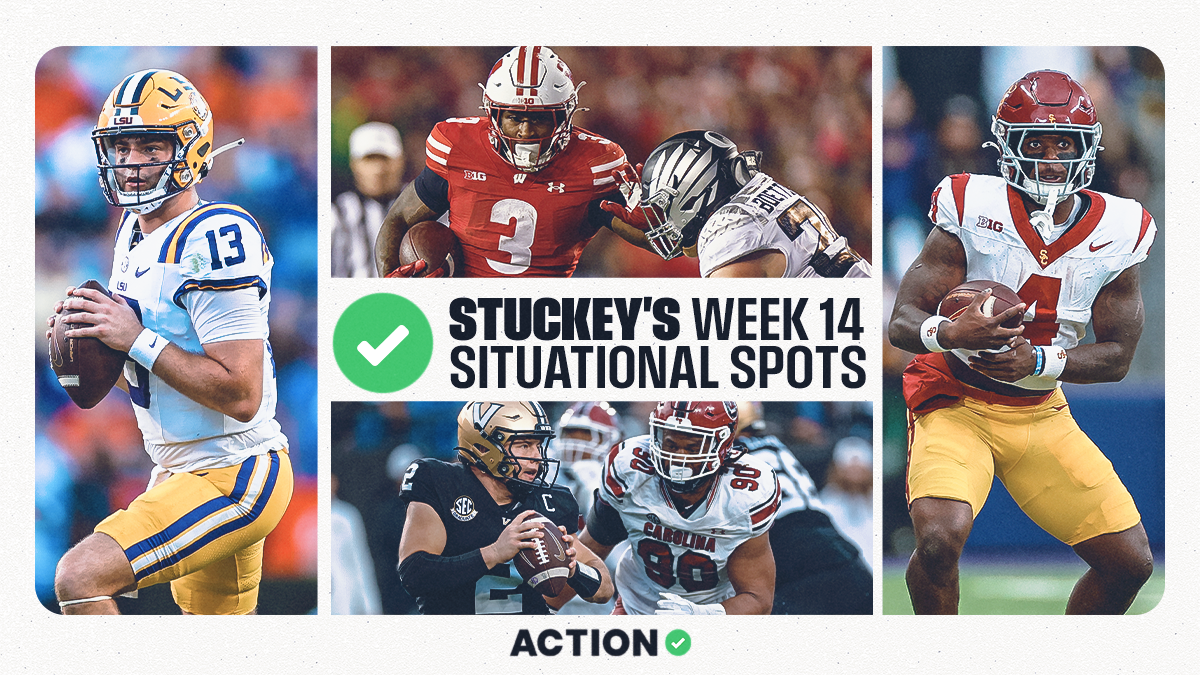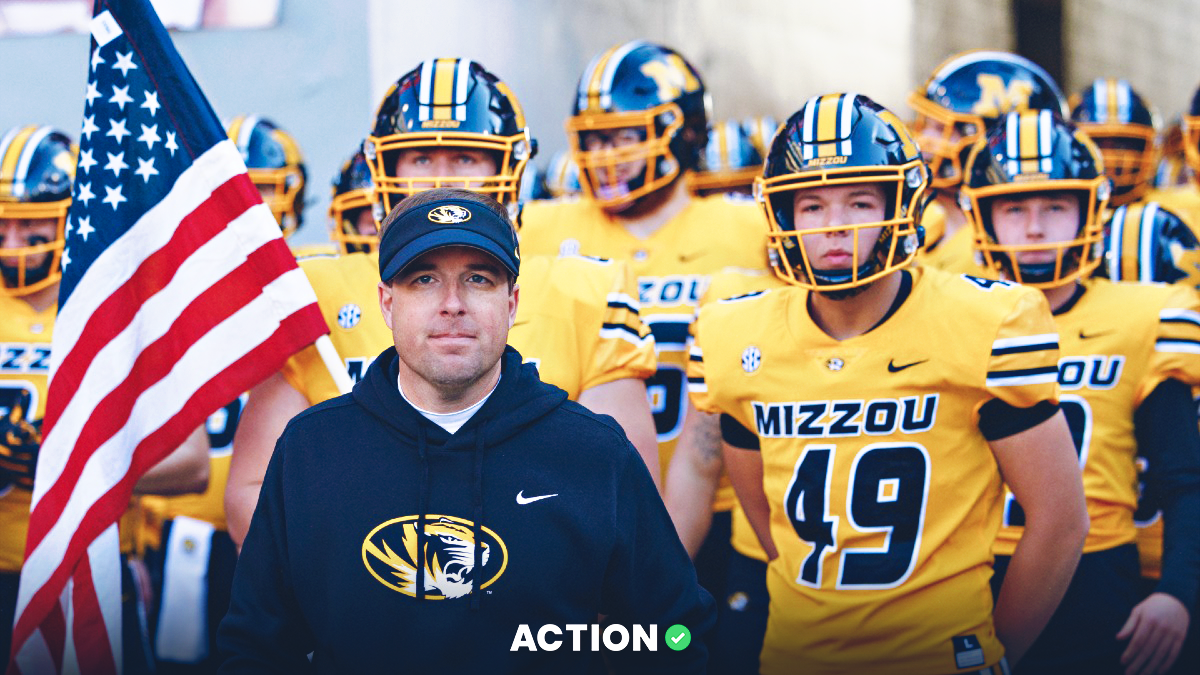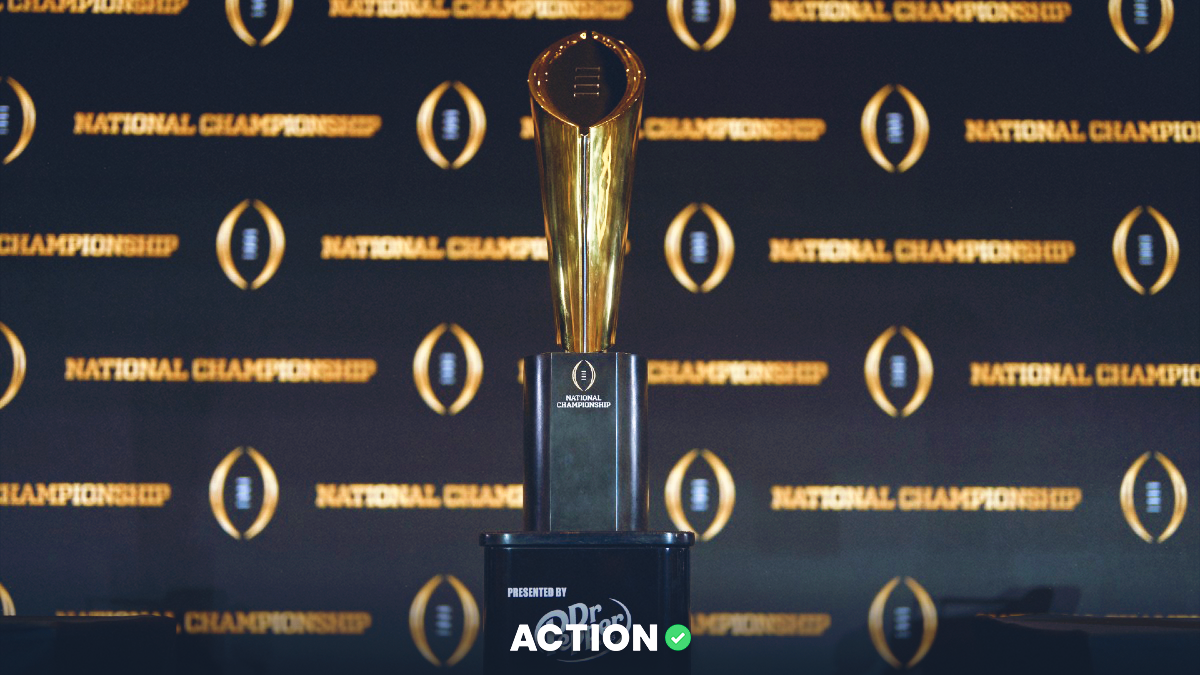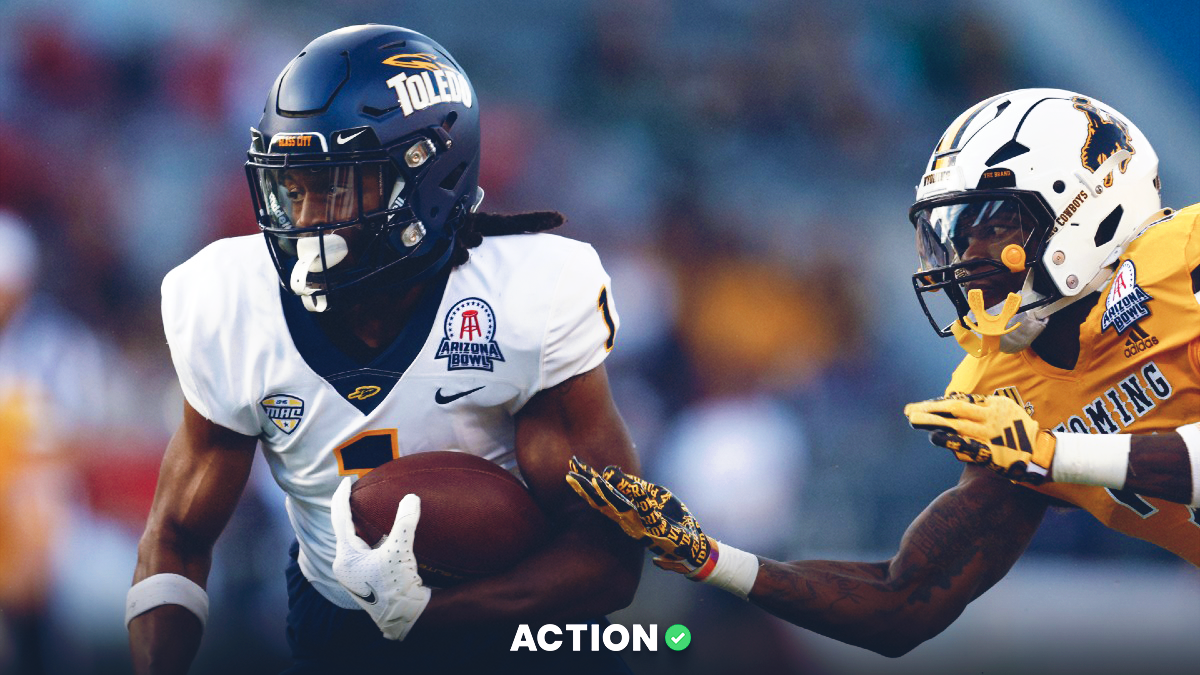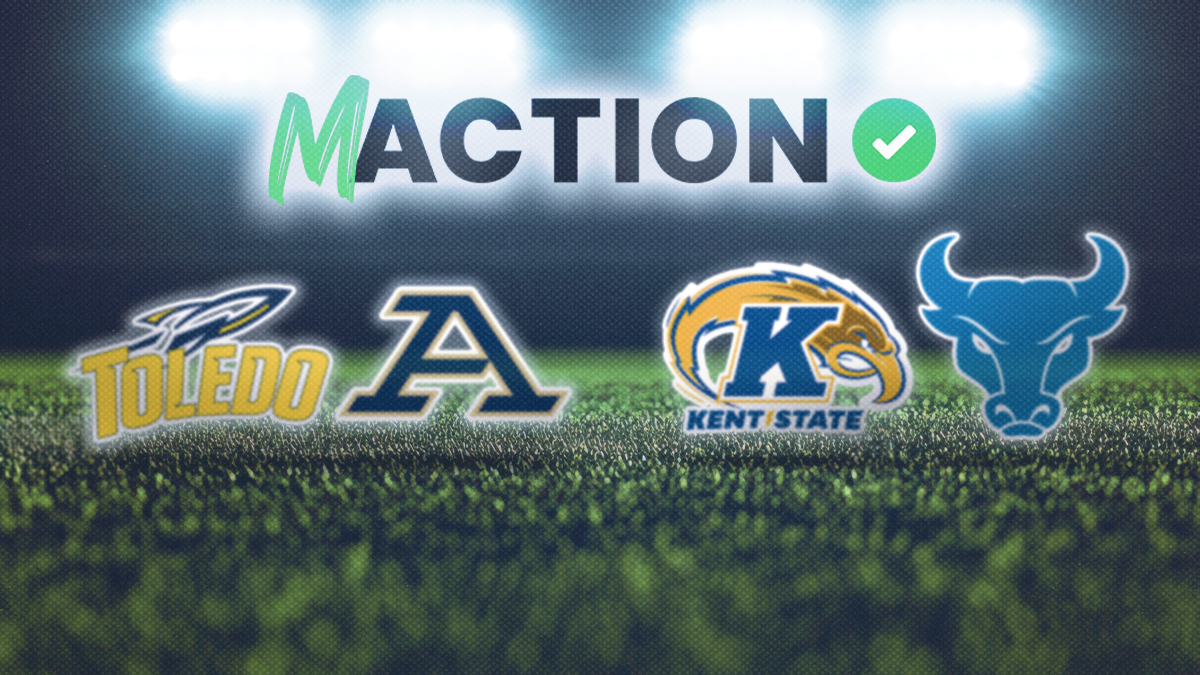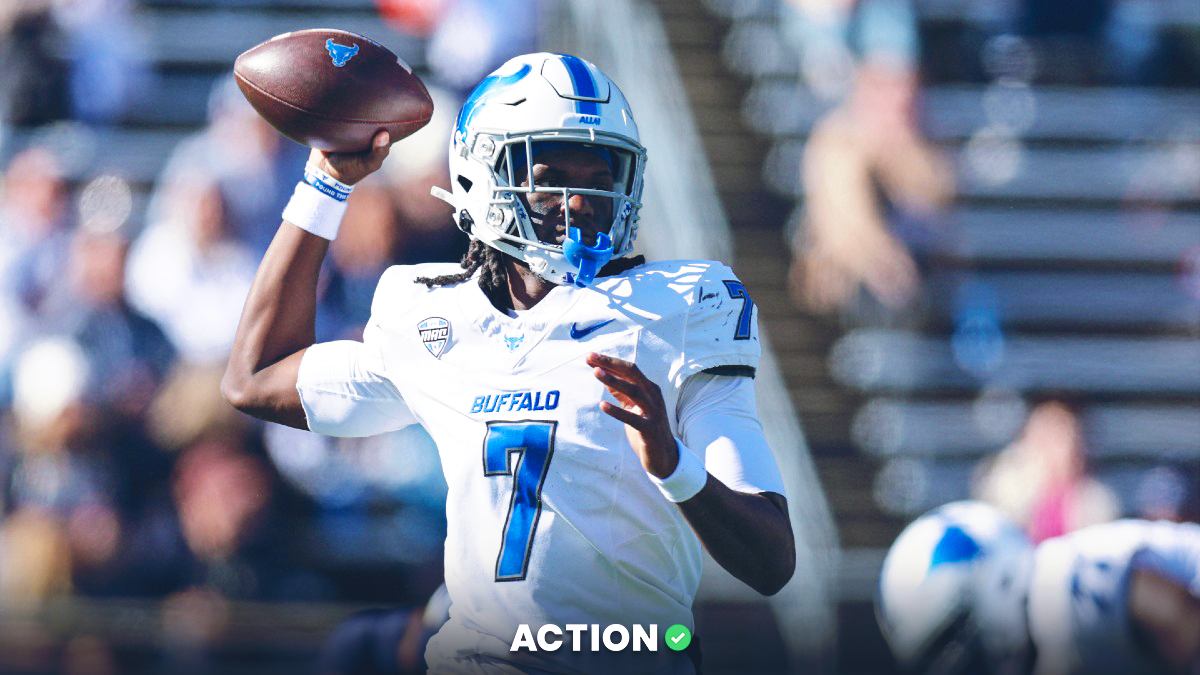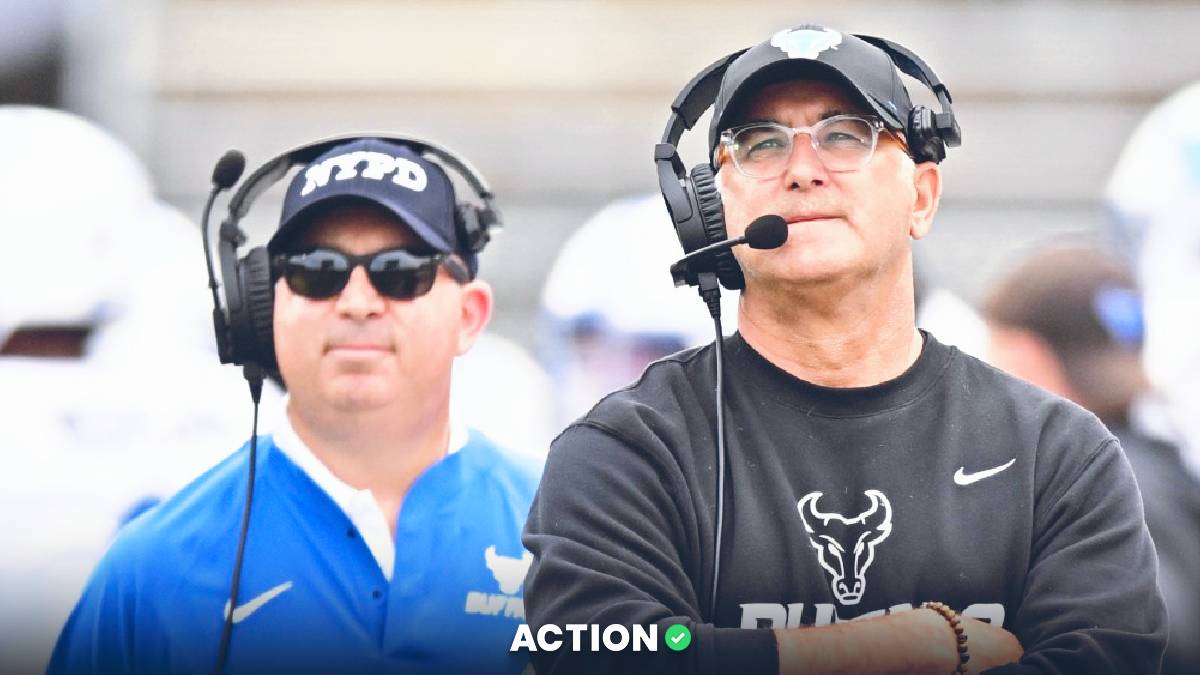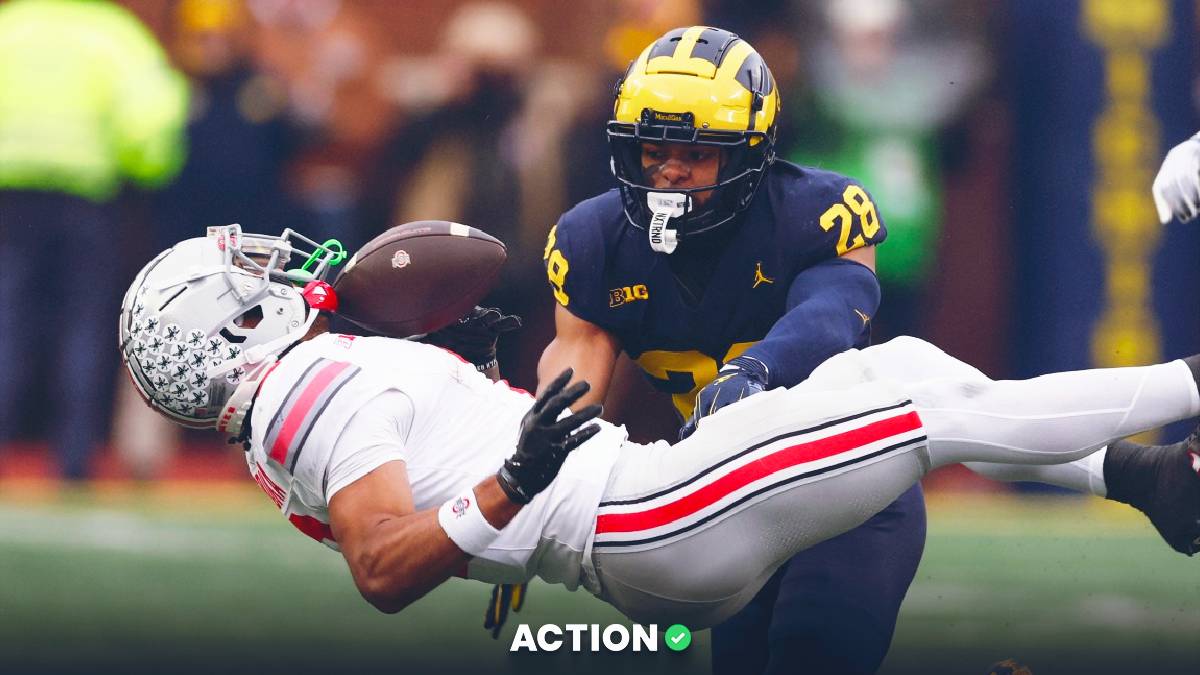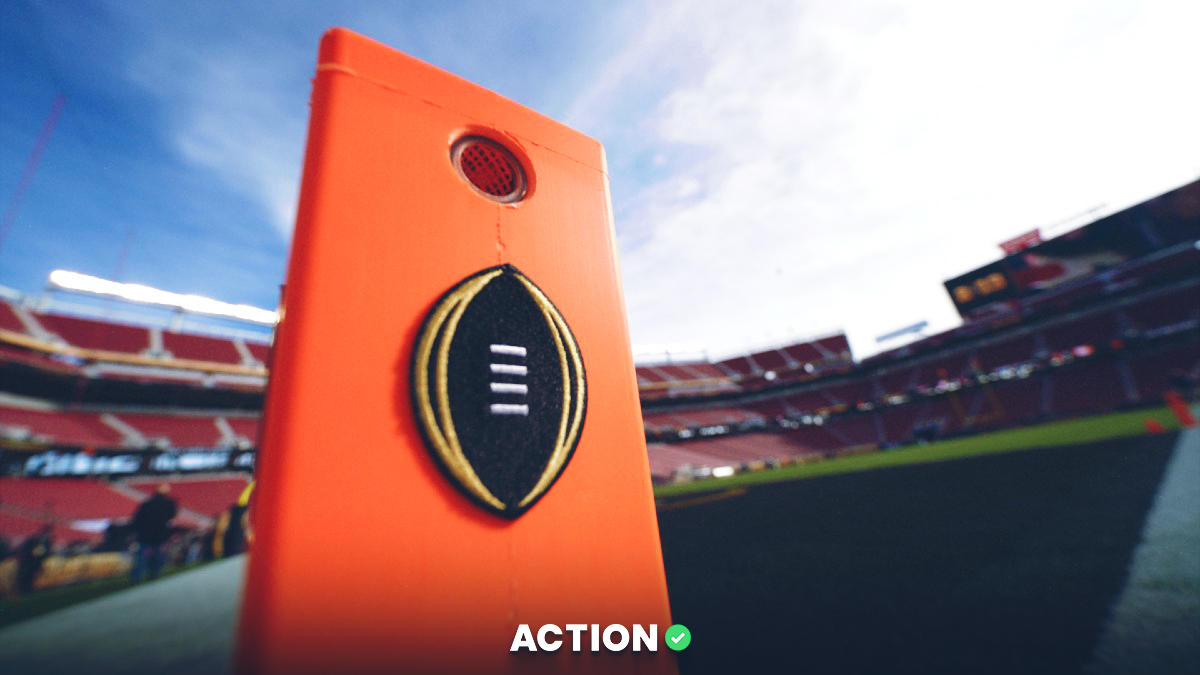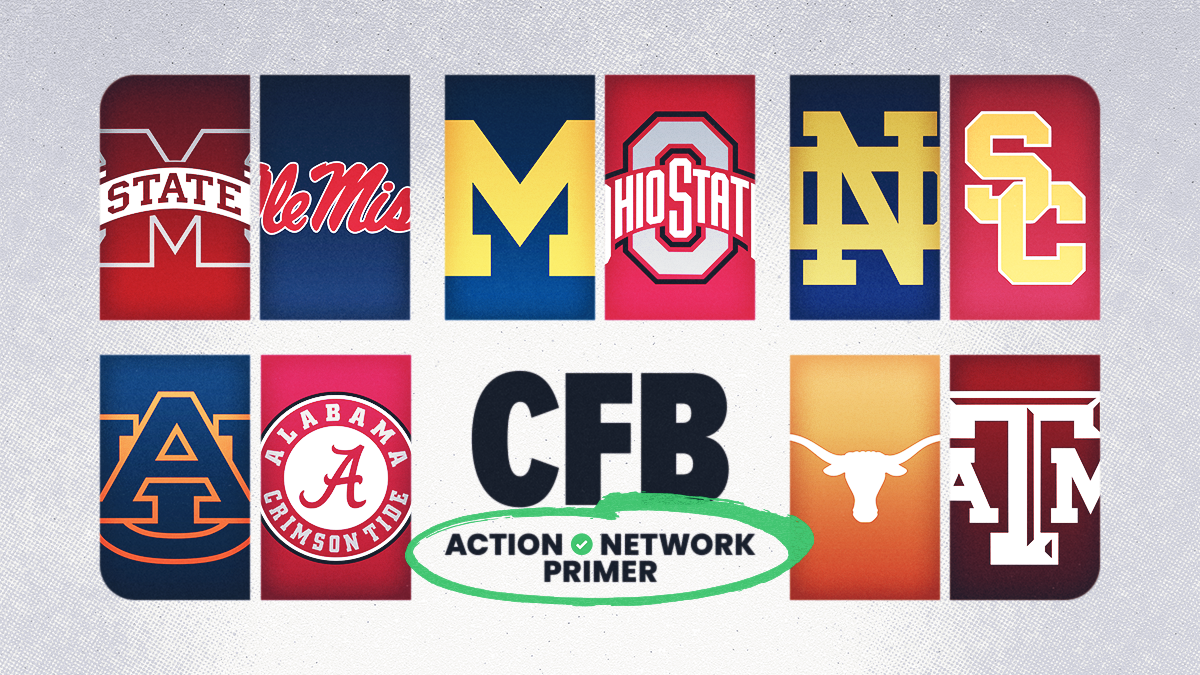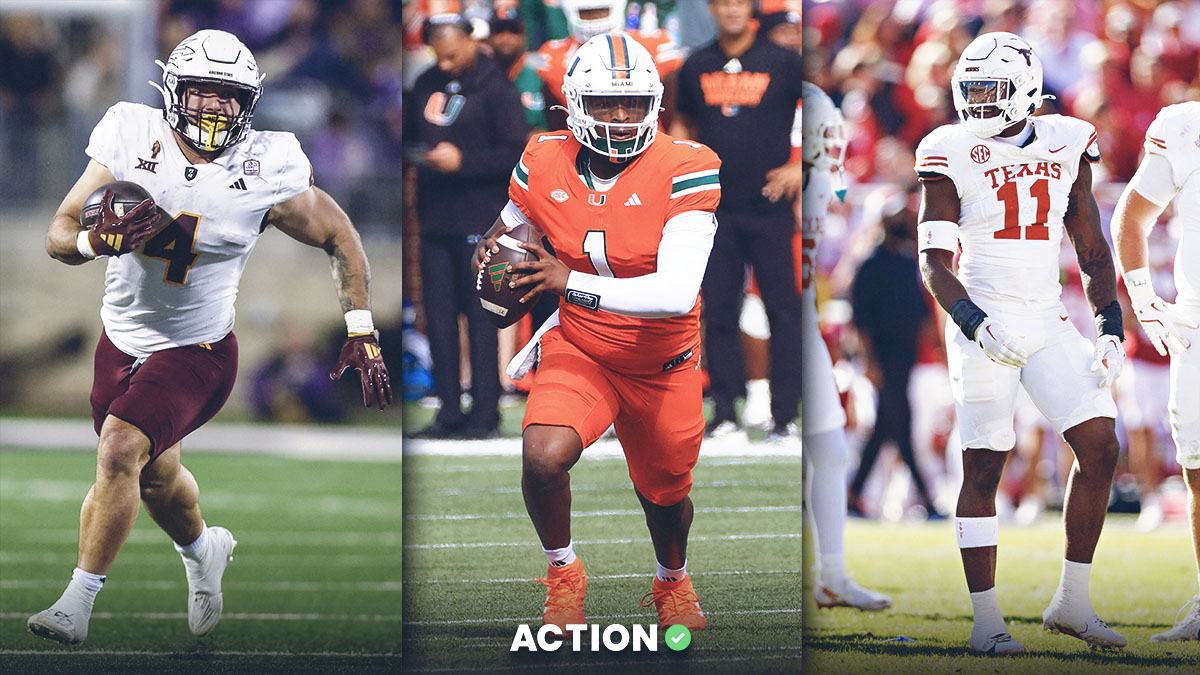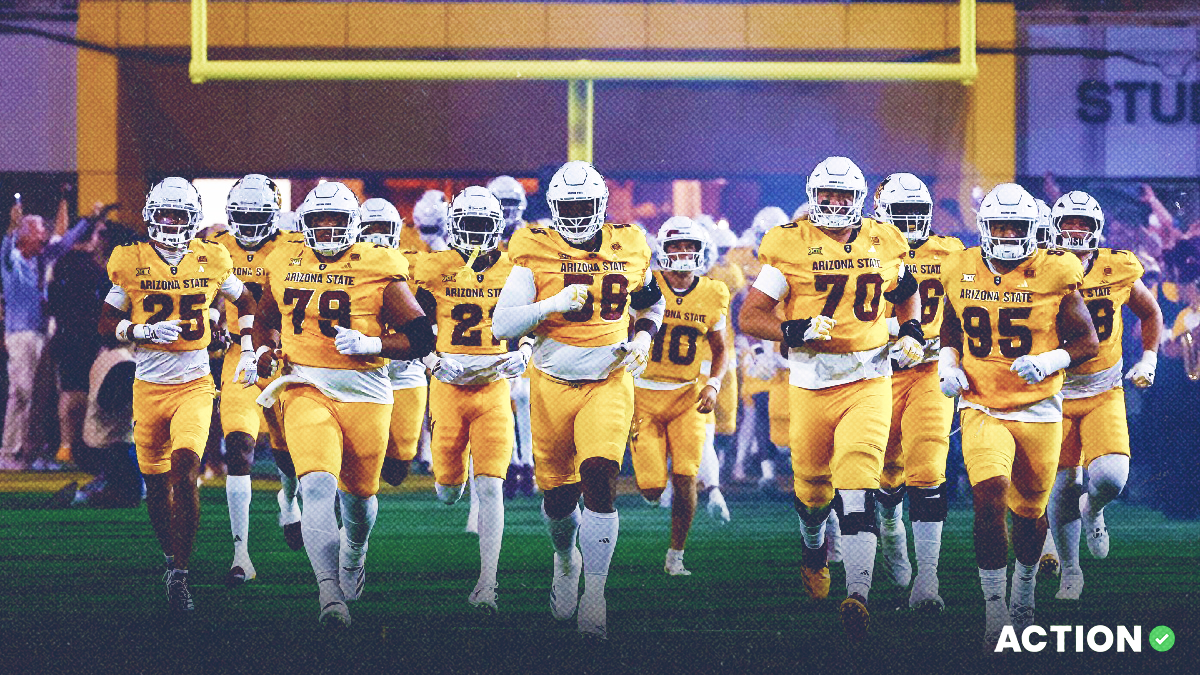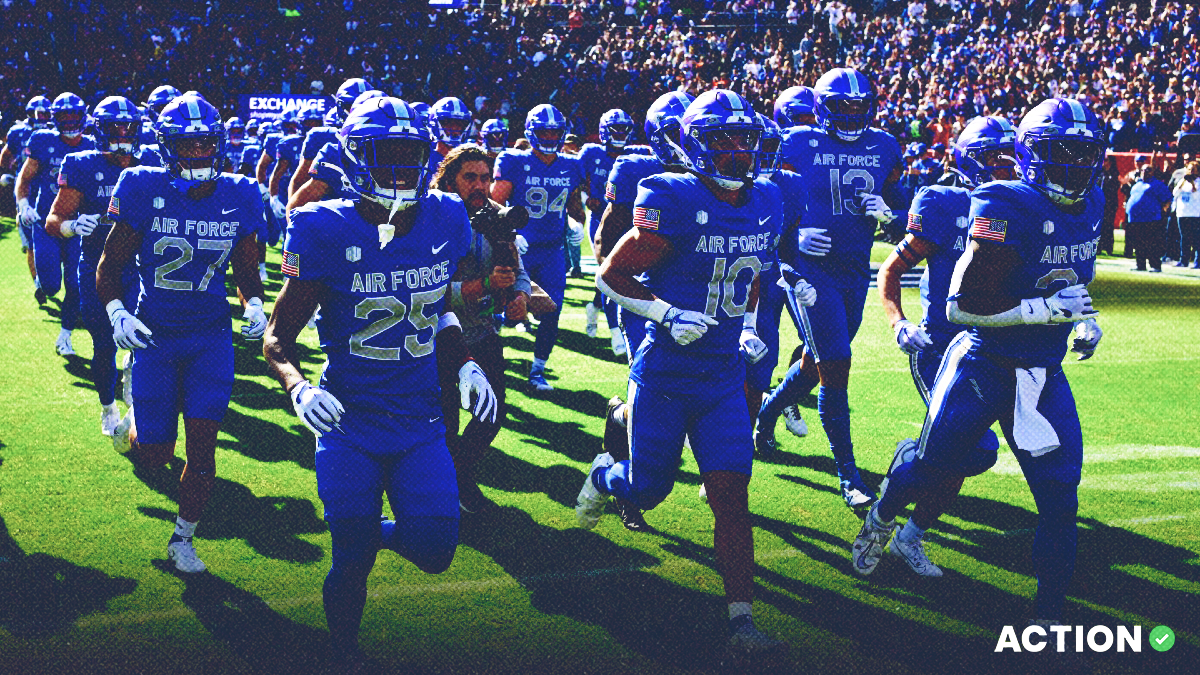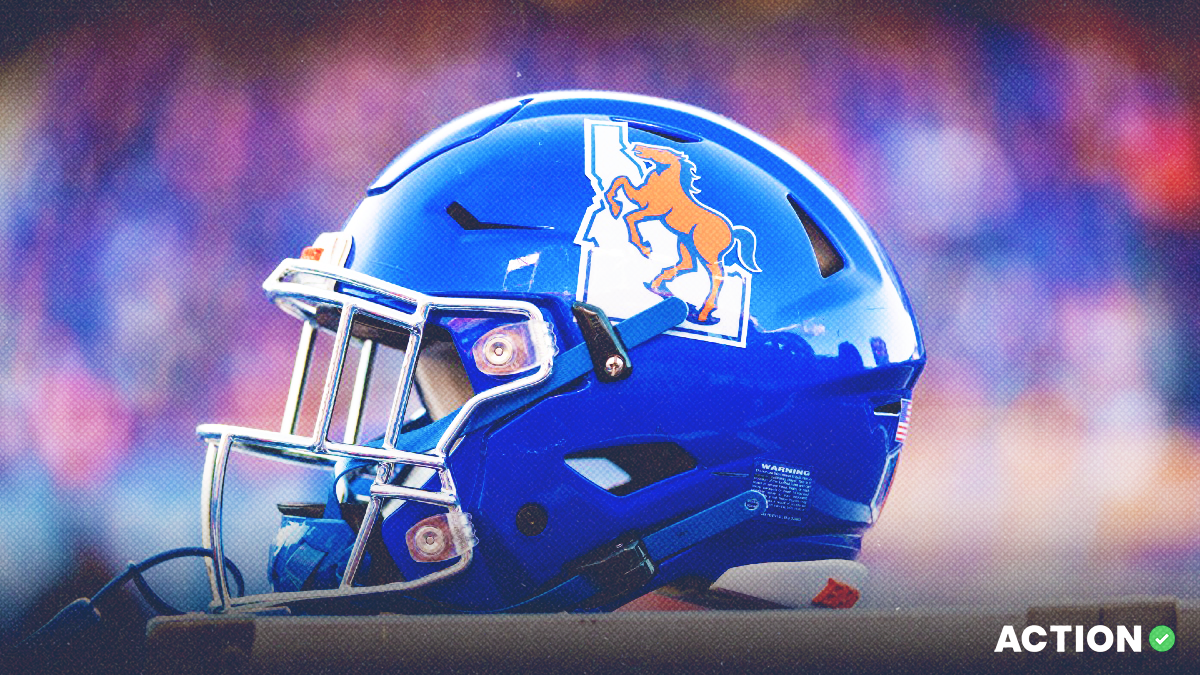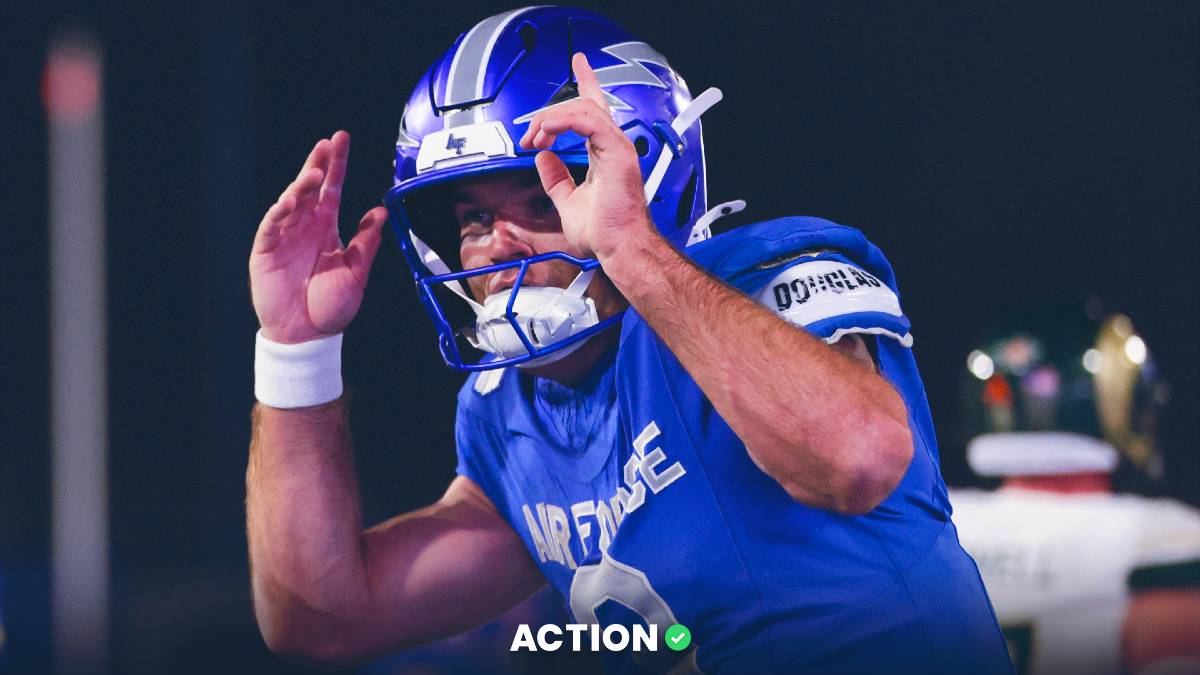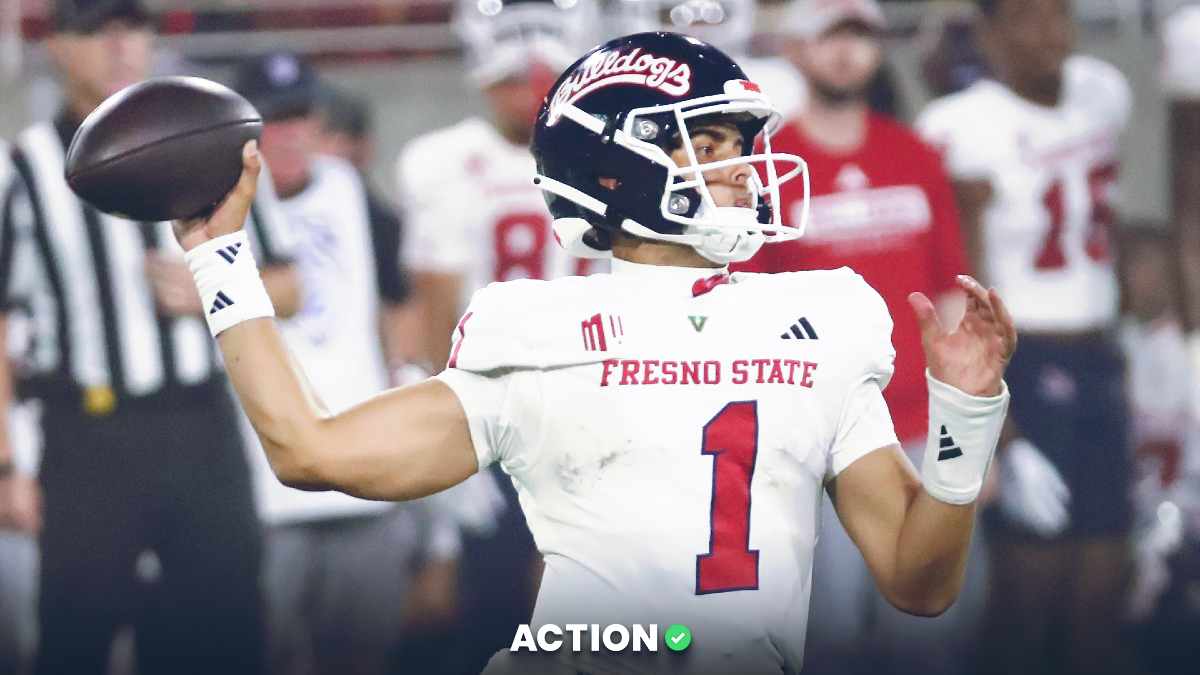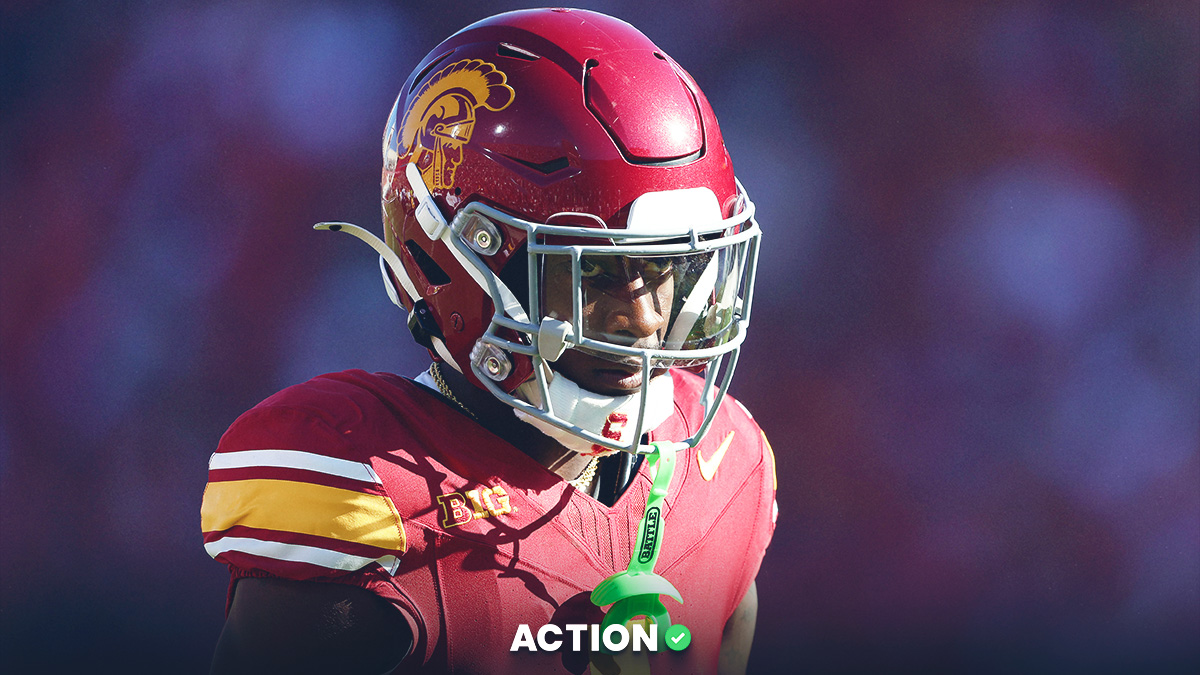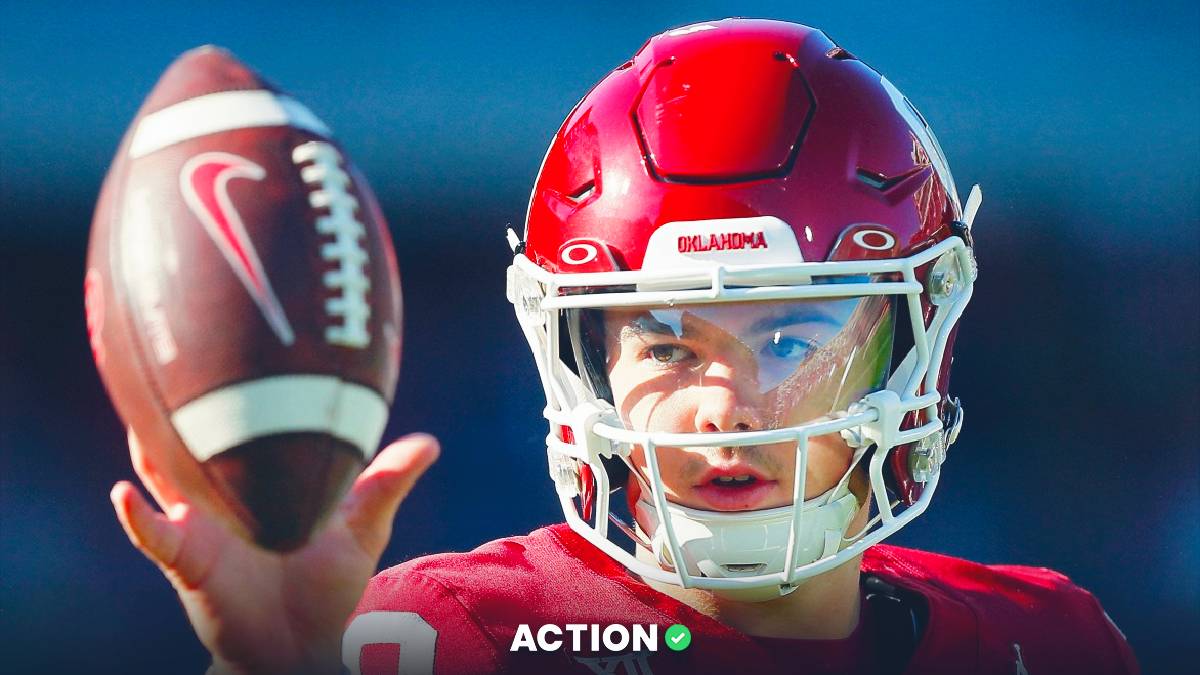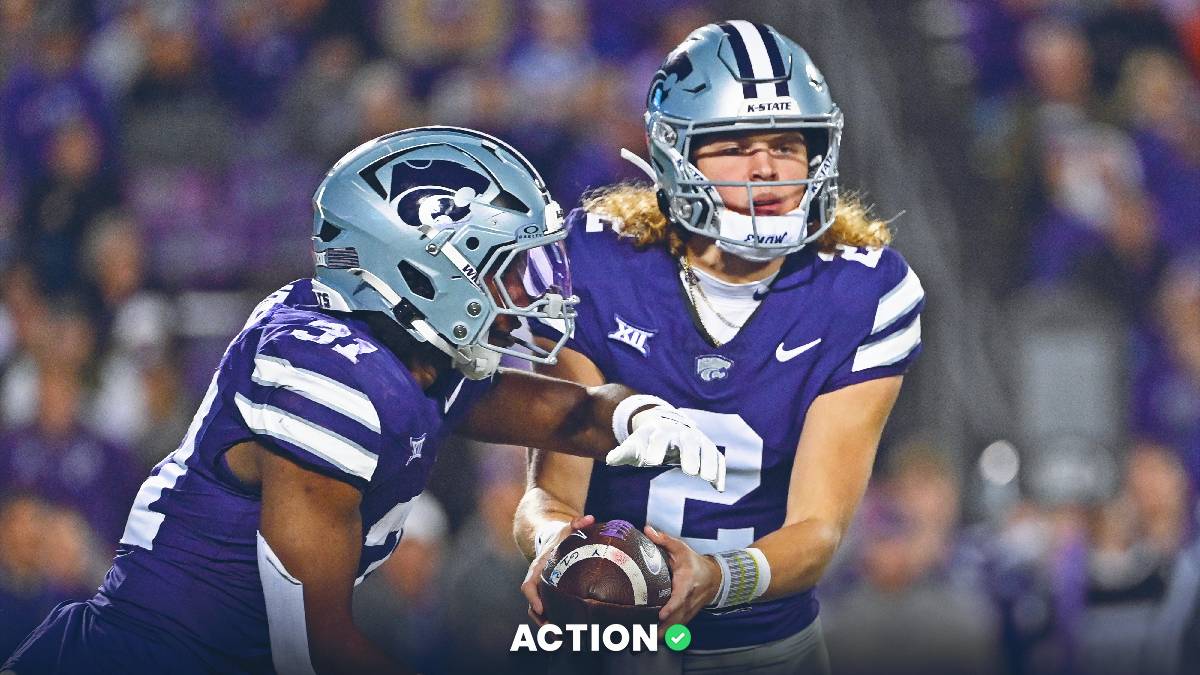With spring practice underway across the country, it's time to start periodically checking in with the college football world. In today's article, I will focus on four teams with the largest jumps in my power ratings headed into next season and four teams with the biggest decreases. These signals could help identify line value in the first few weeks of the season, but more importantly in regards to season win totals. (We will have you covered in full once those are widely released).
College Football Power Ratings are an essential tool for any serious handicapper trying to gauge value on Saturdays during the season. The process of updating Power Ratings in the offseason differs from in-season adjustments. Before the spring practices even begin, I focus on metrics such as 2nd Order Wins, Returning Production, and Net Turnover regression. I also focus on head and assistant coaching changes, in addition to calculating the five year adjusted Power Ratings for every team. (You don't want skewed ratings for those years Notre Dame only wins four games, as it did in 2016).
As always, shop around for the best numbers. Recruiting rankings are taken from 247sports.
Current Top Ten
Four Largest Power Rating Jumps
Baylor (+14)
2nd Order Wins, defined as single game expectancy based upon advanced statistics per FootballOutsiders.com, can help signal improvement in an upcoming season. Only Miami of Ohio (+2.8) outperformed Baylor (+2.1) in this category in 2017. It's essentially a statistical measure saying both teams should have finished with much better records. Baylor's streak of losses through September and October last season certainly caused plenty of chaos in everyone's Power Ratings.
Baylor finished -14 in Net Turnovers in 2017, with most of those coming in its own territory. That's unlucky. Head coach Matt Rhule only has two scholarship quarterbacks on the current roster, but the Bears still rank fourth overall in Returning Production. Baylor brings back 93% of its offense and 82% on defense. Aided by the fourth best recruiting class in its conference, Baylor should rise from the cellar and compete with the mid-tier programs in the Big 12 this upcoming season.
BYU (+11.5)
Most expected much better than a 4-9 record last season in Provo. A majority of the Cougars' problems came on the offensive side of the ball, where they only averaged 17.1 points per game. As a result, offensive coordinator Ty Detmer was relieved of his duties. The jury is out on new hire Jeff Grimes (former LSU Offensive Line coach), but he can't really do any worse. Grimes has gained plenty of experience over the course of his 20 year career in college football, but never as an offensive signal caller.
BYU has plenty of returning production through all parts of the roster, in addition to a number of key transfers that redshirted last season. It will have a 3-man competition for the starting QB job between Beau Hoge, Zach Wilson, and Tanner Mangum. The Cougars should be better, but they do have one of the toughest schedules in the country, including games against Arizona, Wisconsin, Washington, Boise State, and Utah.
Rice (+10.5)
Since former head coach David Bailiff took the Owls to the Liberty Bowl in 2014, Rice has experienced years of steep decline that rival the recent trend in cryptocurrencies. Bailiff will be replaced by Mike Bloomgren, who previously served in various roles on the offensive side of the ball for Stanford, most recently as the offensive coordinator (since 2013). Rice will be Bloomgren's first venture as a head coach, but the addition of Pete Lembo (Ball State, Maryland) to the staff will help tremendously.
Rice fans should be excited to see how well Stanford protected the ball during Bloomgren's tenure. The Owls are a shocking -42 in Net Turnovers since 2015, which the new coaching staff should improve immediately. Rice has really struggled to create havoc and force takeaways in recent years (finishing dead last in numerous years). Expect an improvement this year in those categories with an upgraded coaching staff. That could create early line value with the Owls.
Rice ranks in the top 25 overall in returning production, as it will bring back 84% of its offense. If all goes right, Rice actually has an outside shot at a Bowl next season. Yes, seriously! I personally have the Owls favored in six games, with only two coin clip lines.
Florida (+10)
The Gators will benefit from the best coaching upgrade of the offseason. Chip Kelly, Scott Frost, and Kevin Sumlin were fantastic upgrades at their respective schools, but only Dan Mullen has previous coaching experience at his current school. Mullen has an impressive resume, ranging from his days with Urban Meyer at Bowling Green, Utah, and here at Florida to his time spent as head coach at Mississippi State. Don't forget that Mullen was the offensive coordinator during the college careers of both Tim Tebow and Dak Prescott. His most impressive achievement however may have been keeping Mississippi State out of the SEC West cellar year after year.
Mullen steps into a promising situation, as Florida ranks 21st in Returning Production. The Gators also have a positive 2nd Order Wins rating. Gone are the dreadful days of head coach Jim McElwain and offensive coordinator Doug Nussmeier stubbornly refusing to move to a mobile quarterback offense to better fit Florida's personnel. Gainesville can now expect Mullen to install an offensive package and create a culture that may take the SEC East by storm. (With Emory Jones signing a letter of intent, Dan Mullen may also have his quarterback of the future). You gotta love him.
Four Largest Power Rating Drops
Central Michigan (-10.5)
The best news coming out of Mount Pleasant this winter was the announcement of the future Chippewa Champions Center; a long overdue facilities upgrade for CMU. However, the news regarding the upcoming season isn't as pleasant, as Central Michigan ranks 128th in Returning Production. The Chipps lose 3,237 passing yards from quarterback Shane Morris, four receivers who totaled 168 catches, and three of their top five tacklers. CMU also overachieved in 2017, as it was one of the lowest ranked teams in 2nd Order wins, which was particularly evidentin the Potato Bowl against Wyoming. Expect heavy regression this fall for Central Michigan.
Colorado State (-9)
The days of quarterback Nick Stevens throwing to wide receiver Michael Gallup have concluded, as both graduated. No other quarterback made a single pass attempt for the Rams in 2017. To make matters worse, the ground game loses leading rusher Dalyn Dawkins, who rushed for 1,399 yards last season. Head coach Mike Bobo will have his toughest challenge in 2018, attempting to deal with heavy turnover on both sides of the ball, in addition to a schedule that includes Colorado, Arkansas, Florida, and a conference road trip to Boise State. The bad news doesn't stop there, as presumed starting quarterback Collin Hill tore his ACL. He is expected to miss the entire 2018 season.
South Florida (-7.5)
The real work for head coach Charlie Strong will begin this season, as he stepped into a favorable situation in 2017. In his first year, he inherited a Bulls roster that included star quarterback Quinton Flowers, who threw for 25 touchdowns and rushed for another 11. Flowers provided Strong and offensive coordinator Sterlin Gilbert with a welcome safety blanket. Not only is Flowers gone, but the Bulls also lost their top three tacklers (165 total tackles) from last season. USF also had one of the worst 2nd Order Win numbers (2.0) in 2017, which indicates serious regression in the upcoming year.
LSU (-6.5)
LSU had some luck on its side in 2017, benefiting from a +10 mark in Net Turnovers. The Tigers simply had a lot of balls bounce their way, finishing second nationally in Turnover Margin. With Derrius Guice set to enter the NFL Draft, the LSU offense should face a steep learning curve, especially considering QB Danny Etling and the top two wide receivers (DJ Chark and Russell Gage) graduated. The QB competition is well underway during spring practices.
With offensive coordinator Matt Canada leaving for Maryland, head coach Ed Orgeron elevated Steve Ensminger into the position. Ensminger was Coach O's original interim offensive coordinator in 2016 after the departure of Les Miles. A positive spin for the 2018 season in Baton Rouge is the offense will progress without the political head-knocking the staff dealt with last season.
Photo credit: Reinhold Matay-USA TODAY Sports


